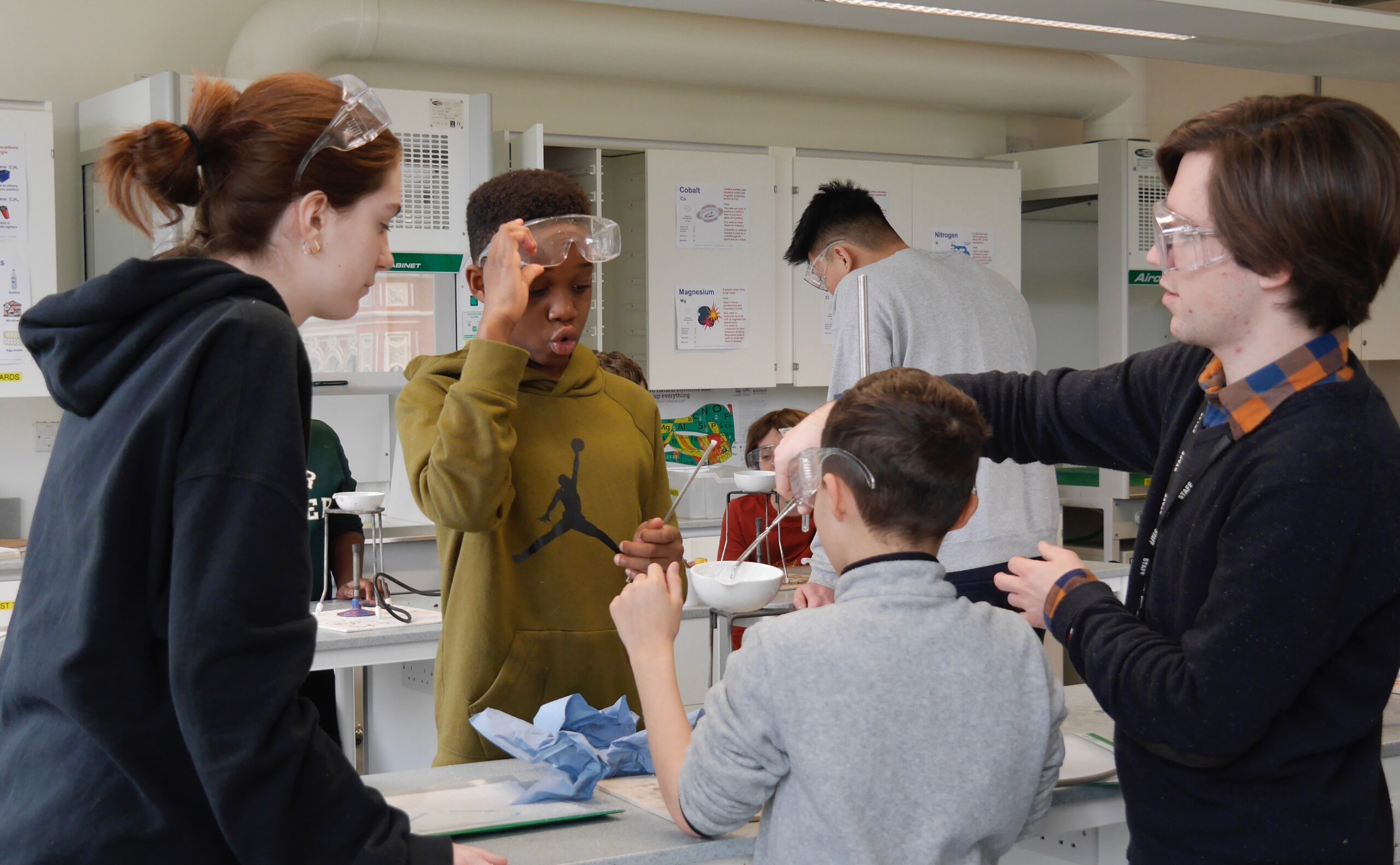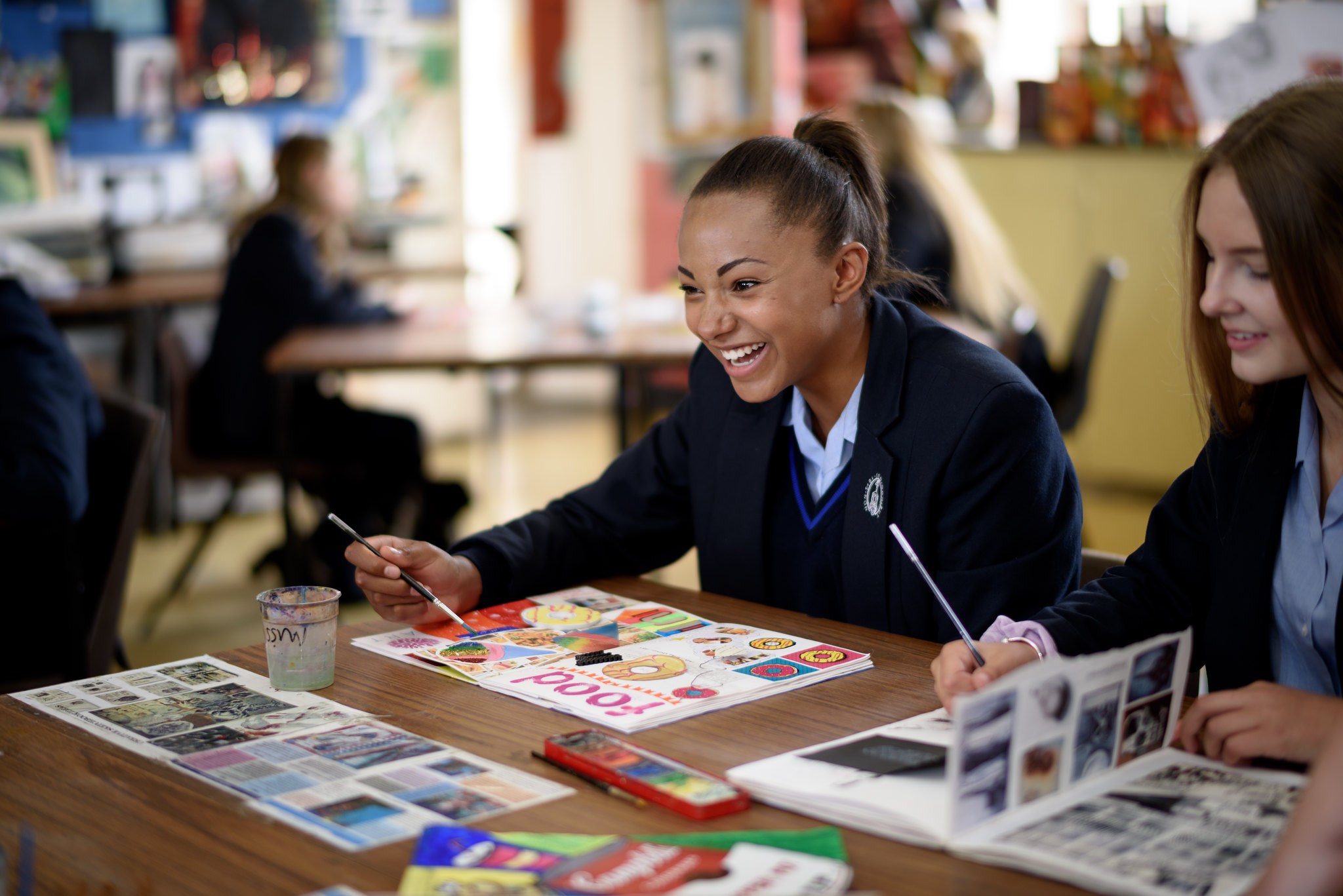HMC is committed to the idea of education as an engine for social mobility. We are keen to be a part of the conversation around widening access and also to be a part of the solution. Our schools work hard to be inclusive and to widen access to provide opportunities for pupils from less advantaged backgrounds.
Destination University
Destination University is a toolkit produced by HMC in collaboration with schools, colleges, universities and organisations concerned with social mobility – which helps to support and enable young people from less advantaged backgrounds to access selective universities successfully.
The toolkit is a compilation of tips from experienced practitioners. The contributors have focussed on encouraging aspirational applications from pupils from less advantaged backgrounds in order to help widen access to Higher Education.
Many of the tips that have been included lay the groundwork for the university application which may follow in Year 13. One important recommendation is that foundations are laid early in a child’s education experience.
The intended readership of Destination University is Headteachers, Deputy Headteachers, Heads of Sixth Form, Heads of Careers and those who support the UCAS process.
"This resource is a great example of the determination and hard work of educationalists from all settings, united in a desire to share their knowledge and advice to help level up Higher Education."
"Independent schools do not hold the monopoly on good ideas, but we do have considerable expertise in applying to selective universities and we do have thousands of pupils in our schools who come from less advantaged backgrounds. Twenty-first century school leaders across the entire education sector believe in the value of an excellent education for all, they often see themselves as agents of social mobility for their pupils, and they are prepared to work together for the good of their pupils. Destination University is a great example of many people working together for the good of our whole society. It contains practical hints and tips which will be helpful whatever setting we work in."
Contextualised Data Service
HMC has collaborated with Bursary Assessment Associates and the Independent Schools Council (ISC), with support from UCAS, to ensure that pupils applying to Higher Education from an independent school are able to share data about their personal circumstances with universities during the Higher Education application process. By accessing the Contextualised Data Service, individuals can apply to provide externally-verified data to university admissions teams, giving information about individual and family circumstances in the same way as their peers attending state/maintained schools are able to do.
"This service has been developed in collaboration with BAA and is supported by UCAS to ensure that pupils from less advantaged backgrounds who are attending independent schools can benefit from the same treatment, in terms of consideration for contextualised offer-making in University Admissions departments, as their peers in the state/maintained sector."
Widening access to our schools
Improving access to an independent school education is core to HMC schools today. Many HMC schools are expanding or developing ambitious bursary programmes and are working hard to identify, recruit and support applicants from less advantaged backgrounds – enabling them to thrive in our schools.
An example is at Caterham School where a bespoke admissions process has been developed to support pupils who may face complex disadvantages. This includes talking to families in a context they are familiar with – e.g. their primary school or their home. The school will also modify the papers prospective pupils sit and its expectations based on conversations with the schools that pupils are applying from.
"We are looking for contextual achievement and the ability of these candidates to pick up ideas and concepts quickly – so we include in our assessment process a paper that relies on critical and creative thinking. It is a paper used to argue pupils into an offer pool rather than rule them out. For some pupils, we will offer a form of viva voce – testing their knowledge and understanding in a way which enables them to show us what they know. We will also change the language of questions to ensure there are no cultural barriers – for example, using questions that assume every child would have experience of international travel."
Caterham School has also launched Saturday Plus – a programme to boost pupil premium primary school children’s access to academically selective independent and state-maintained grammar schools across Surrey, Kent and South London.
The initiative runs on weekends throughout the year and involves 27 pupils from five state schools.
The programme extends beyond academic tutoring and interview preparation to provide mentoring, problem solving and digital skills for the children taking part. The weekend sessions include maths and English lessons with additional sessions covering robotics, Latin, creative arts performance, outdoor learning and sport.
Saturday Plus participants are provided with transport to and from the sessions, all equipment and textbooks required in addition to being hosted for lunches. The pupils also have access to Atom Learning, a normally paid for platform that children can use at home for 11+ exam preparation.

